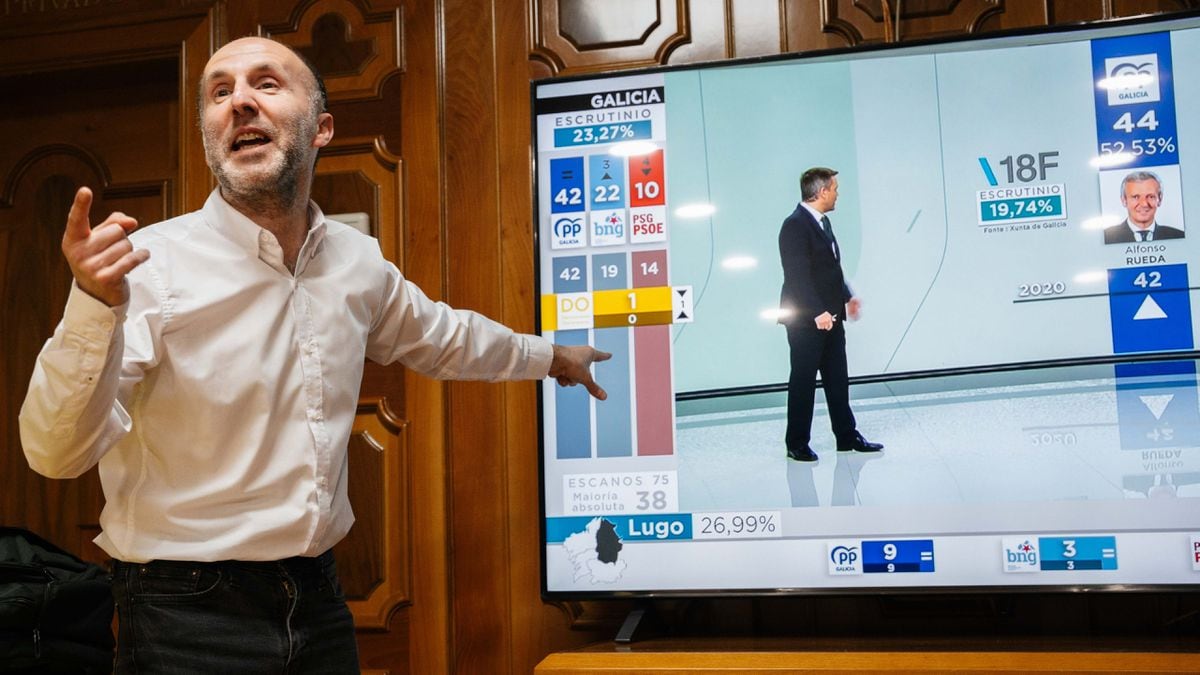Mass emigration weighs on Venezuela’s presidential election – Technologist
How does a country that has lost a quarter of its population in 10 years live and vote? On Sunday, July 28, 21 million Venezuelan voters are called to the polls to re-elect outgoing President Nicolas Maduro who is seeking a third term, or to bring Edmundo Gonzalez, the candidate of the main opposition parties, to power.
According to observers, between four and five million of them will not be able to vote, because they have emigrated. Only 69,000 Venezuelans living abroad have managed to register to vote in consulates. Polling institutes are wondering what the impact of this “forced abstention” will be. They stressed the importance of migrants in the electoral dynamic, at a time when the fate of the Bolivarian revolution launched a quarter of a century ago by Hugo Chavez (1999-2013) and that of his heirs, the Chavists, is being decided at the ballot box.
Ruben Sulbara, 73, lives alone in Caracas without his wife, who left two years ago to join their daughter and now works as a cleaner in the US. He believes what Nicolas Maduro says and what the media repeat: He is convinced that the Washington sanctions are the only cause of the country’s economic collapse, the emigration that is tearing families apart and his sadness. But he admitted that if they had been able to vote, his wife and daughter would have chosen Gonzalez.
“We will reunite families,” promised opposition leader Maria Corina Machado wherever she went. The crowds cheered. In the city of Maturin, in the east of the country, a child held a sign: “Bring my parents back.”
Machado, who won the opposition primaries, was prevented by the courts from running in the presidential election. For weeks, she has been canvassing the country to get Gonzalez elected. At 74, Gonzalez does not travel much. “By making family reunification the central theme of her campaign, Machado has struck a chord,” noted human rights activist Rafael Uzcategui. “In a country tired of ideological rhetoric, emotion is a powerful mobilizing force.”
No statistical monitoring
“Every Venezuelan family, whether rich, not so rich, poor, Chavist or anti-Chavist, is affected by emigration,” said researcher Ronal Rodriguez of the Universidad del Rosario in Bogotá, Colombia.
According to international organizations, which include minors in their statistics, over 7.7 million Venezuelans have gone into exile. This is a record number for a country not at war, and is “probably” underestimated, said the Regional Interagency Coordination Platform for Refugees and Migrants in Venezuela, which published the number. It places the country in third place worldwide in terms of emigration, behind Syria and Sudan.
You have 72.42% of this article left to read. The rest is for subscribers only.


